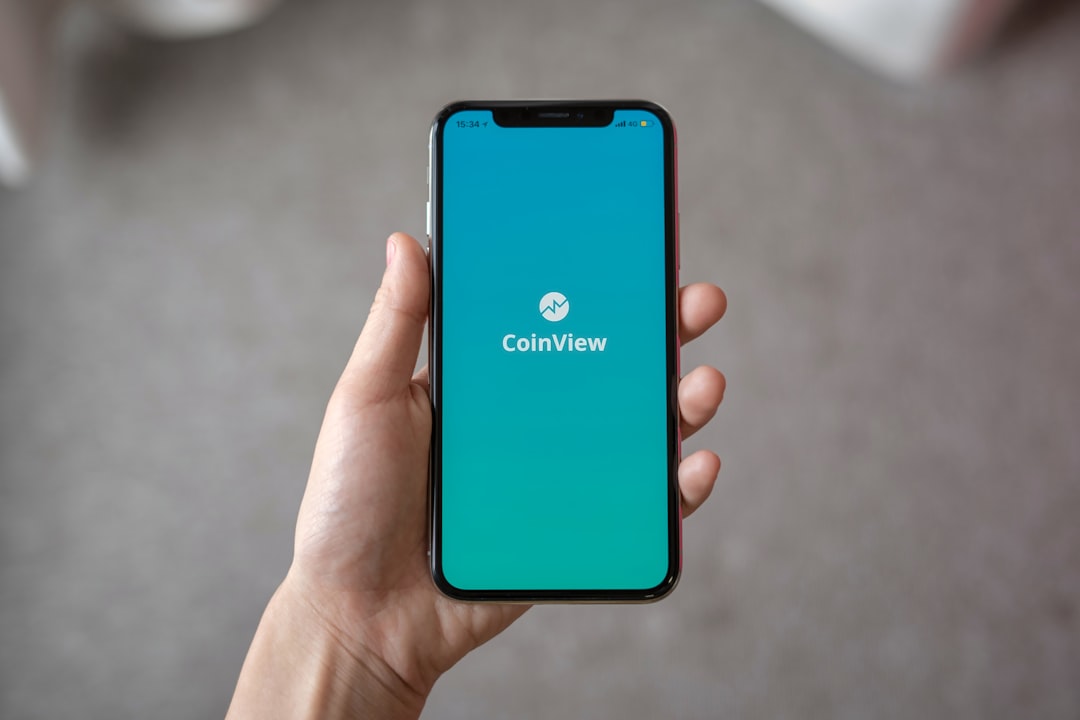Utah's strict Do Not Call laws protect residents from unsolicited telemarketing calls, with businesses prohibited from calling registered numbers on the state's list. Consumers should register on the National Do Not Call Registry, remain cautious of unknown callers, and report suspicious activities to fight fraud. Do Not Call lawyers in Utah ensure compliance, avoid legal trouble, and foster positive business-consumer relationships by navigating this intricate regulatory landscape.
Staying ahead of telemarketing fraud is crucial for both businesses and consumers. In this article, we explore Utah’s stringent Do Not Call laws and recent updates to telemarketing regulations that aim to protect residents from unwanted calls. We delve into effective strategies for businesses to combat fraud, ensuring compliance while safeguarding consumers. Understanding these legal aspects, particularly with the help of a knowledgeable Do Not Call Lawyer Utah, is essential for navigating this evolving landscape.
Understanding Utah's Do Not Call Laws

In Utah, the Do Not Call laws are designed to protect residents from unwanted telemarketing calls. As a Do Not Call Lawyer Utah, it’s crucial to understand these regulations to ensure compliance and prevent legal issues. The state has implemented specific rules that restrict businesses from making telemarketing calls to individuals who have registered their phone numbers on the Do Not Call list. This list is maintained by the Utah Department of Commerce, ensuring a simple opt-out process for residents.
Businesses must obtain explicit consent before dialing these numbers, and violators face penalties. The laws also mandate that companies provide a clear and easy way for consumers to register their numbers and avoid calls. Understanding and adhering to Utah’s Do Not Call regulations is essential for telemarketing firms to maintain legal integrity and respect the privacy of local residents, ensuring a harmonious business-consumer relationship.
Recent Changes in Telemarketing Regulations

In recent years, the legal landscape surrounding telemarketing has seen significant shifts aimed at bolstering fraud prevention. These changes are driven by the evolving nature of scams and the need to protect consumers from deceptive practices. One notable development is the tightening of Do Not Call (DNC) regulations, with Utah, among other states, implementing stricter rules for telemarketers. These updated laws not only expand the scope of protected individuals but also enhance penalties for violators, making it imperative for businesses to stay informed and compliant.
The introduction of more stringent DNC guidelines is a direct response to sophisticated fraud schemes that often masquerade as legitimate sales or service offers. With advanced technology, scammers can now target vast audiences, making it crucial for consumers to be aware of their rights and for legal experts, like Do Not Call lawyers in Utah, to guide both businesses and individuals through this complex regulatory environment.
Strategies to Combat Fraud and Protect Consumers

To combat telemarketing fraud effectively, consumers should stay informed and act cautiously. One crucial strategy is to register on the National Do Not Call Registry, which can significantly reduce unwanted calls. Additionally, being wary of unsolicited calls, especially from unknown numbers, is essential. Consumers should never provide personal or financial information over the phone unless they initiated the call and are certain of the caller’s legitimacy.
Another effective measure is to stay updated on local legal protections, such as Utah’s Do Not Call Lawyer initiatives, which empower individuals to take legal action against persistent fraudulent calls. Reporting suspicious activities to relevant authorities can also help enhance surveillance and enforcement efforts. By combining these strategies, consumers can better protect themselves from telemarketing fraud and enjoy a quieter, safer communication environment.






